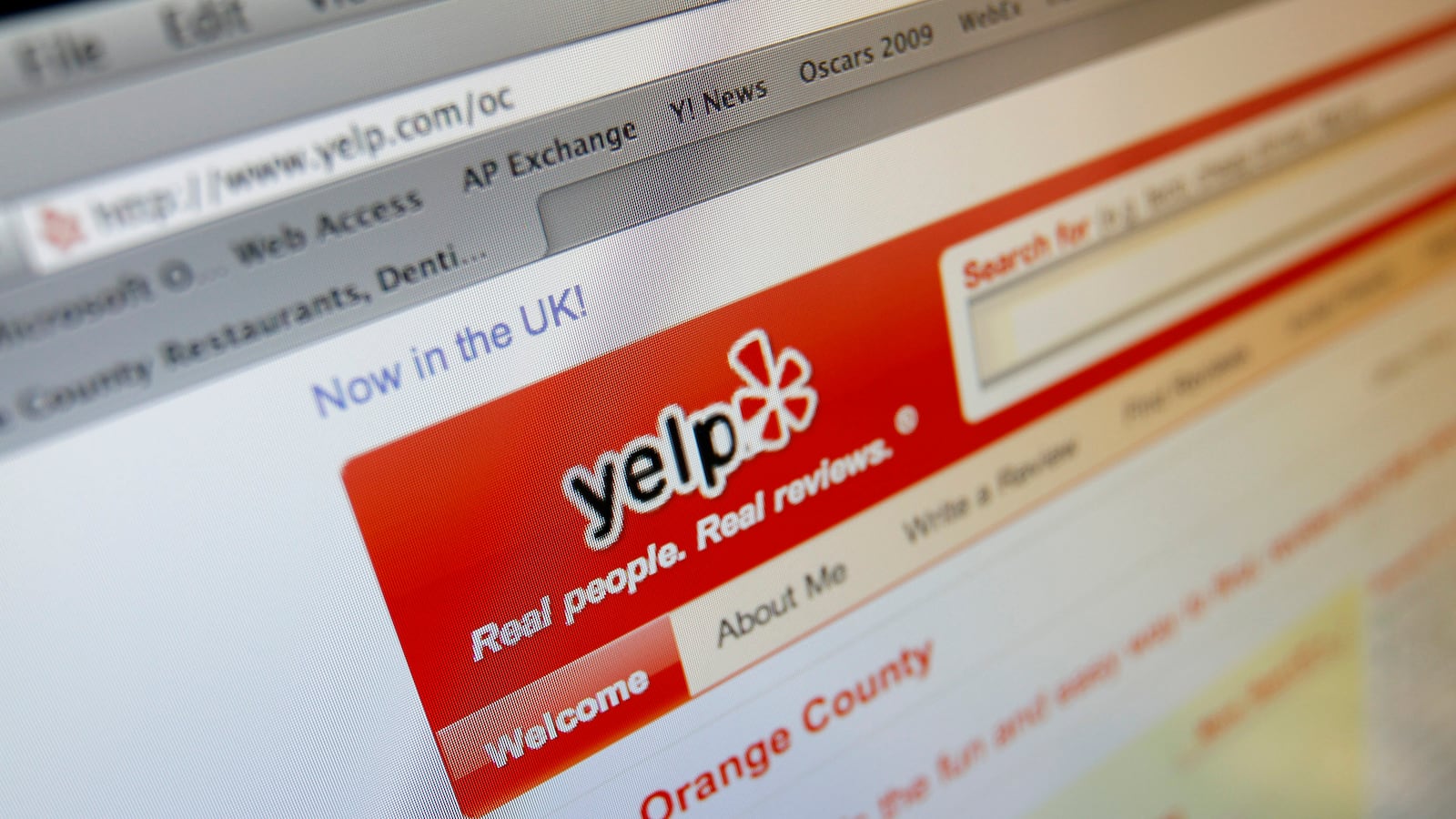The American Legislative Exchange Council once faced a backlash for its support of Stand Your Ground and voter ID laws, losing Coca-Cola and Kraft as members. Now the advocacy group is working with companies such as Google, Facebook, and Yelp, and taking more civil libertarian stances on technology issues than it has in the past.

ALEC, which holds conferences at which state legislators and corporations work together to draft model laws on issues that affect corporate interests, has been reaching out to Silicon Valley. At an ALEC meeting in Chicago last week, Yelp’s director of public policy, Luther Lowe, delivered a presentation to ALEC’s civil justice task force urging the group to consider adopting model legislation on strategic lawsuits against public participation, or SLAPPs. If approved, the anti-SLAPP policy would have to be ratified by ALEC’s communications and technology task force, which includes representatives from Google, Facebook, Microsoft, and Yahoo. (The first two companies have not previously been reported to be involved with ALEC and have not responded to requests for comment.)
None of these companies were represented on the task force as recently as 2010 (PDF). ALEC member companies pay annual dues and can sit on task forces where they can propose, debate, and vote on model bills with state legislators. Once approved by ALEC, the model legislation is introduced and often passed in statehouses across the country.
A SLAPP lawsuit like the one in Yelp’s presentation is brought, usually under defamation law, to intimidate a party making a statement. Rarely does the lawsuit have the legal grounds to succeed on its own merits, but it is used to make standing by a statement too difficult and expensive for a respondent. It has become a particular issue for online review websites.
While companies like Yelp are immunized from a lawsuit over a bad review, the user posting the review is not. And while the First Amendment allows people to post bad reviews online, paying thousands of dollars in lawsuits to do so tends to be a major deterrent. The result, as Eric Goldman, a law professor at Santa Clara University notes, is that any website relying on “user-generated content” has a strong interest in promoting anti-SLAPP legislation. The issue traditionally has been advocated more by Democrats than Republicans. Indeed, when a federal anti-SLAPP bill was first introduced in Washington in 2009, it was sponsored by Rep. Steve Cohen (D-TN), who is considered one of the more liberal members of Congress.
So why does ALEC care about the issue? Berin Szoka, president of the technology think tank Tech Freedom and a member of the advisory board to the communications and technology task force, says it’s about free speech. Issues of Internet freedom transcend partisanship and bring together “people who call themselves conservatives, people who call themselves libertarians, on the same side as the sort of people who read BuzzFeed,” he said.
John Stephenson, who runs the task force on communications and technology, echoes that sentiment, citing ALEC’s work with the ACLU on issues such as data privacy and limiting the ability of police to search mobile devices. But ALEC also might be in favor of anti-SLAPP laws, says Goldman, because the biggest opponent of the legislation is the trial lawyers lobby, a key constituency in the Democratic Party.
ALEC’s liberal opponents see far more sinister motivations in its fight against SLAPP laws. Michelle Ringuette, an official with American Federation of Teachers, calls ALEC “a vehicle to move corporate and conservative interests in this country. That doesn’t mean that every single mock bill that they put forward moves that agenda, but money is fungible. Anyone who buys into ALEC is buying a piece of voter suppression, denying women access to abortion, the privatization of education.”
Even if the anti-SLAPP policy has any value, everything ALEC touches turns rotten, says Lisa Graves, who runs the watchdog ALEC Exposed. While she acknowledges that “SLAPP suits hurt consumers,” Graves says the proposed legislation is “not crafted correctly.” The most innocuous model law can contain “a Trojan Horse” to push a conservative agenda, she adds. She also scoffs at the concept of ALEC being pro–free speech, noting the organization’s role in promoting “ag-gag” legislation that criminalizes those who record animal abuse on factory farms.
Yelp has sought to separate itself from the critics. “Expanding protections for consumer free speech is a nonpartisan issue,” a company spokesman said in a statement to The Daily Beast. “Democratic-controlled California and Republican-controlled Texas have excellent state laws that protect consumers from being intimidated and silenced by corporations that don’t like what they may have said online. Yelp is urging policymakers on both sides of the aisle to study and enact so-called anti-SLAPP laws as a vehicle for protecting consumers’ free speech online. ALEC is one of many forums in which to raise such awareness.”
If it could be argued Yelp has any political bias at all, it’s to the left. The company’s CEO, Jeremy Stoppelman, has given almost $100,000 to Barack Obama and the Democratic National Committee in the past few years.
ALEC’s alliance with Yelp may just be a marriage of convenience. In the aftermath of Trayvon Martin’s death and the attention to Stand Your Ground, the advocacy group lost a number of major corporate members, including Coca-Cola, Kraft, McDonald’s, and Walmart. Anti-SLAPP laws are important to a new generation of technology companies and far less politically divisive than many of ALEC’s past initiatives.
The question for liberals is whether working with ALEC, which Graves calls “penny-wise and pound-foolish,” is more painful than enduring more SLAPPs, which Goldman says are “both a restriction on a person’s civil liberties and an incursion on citizens’ ability to monitor government.”






